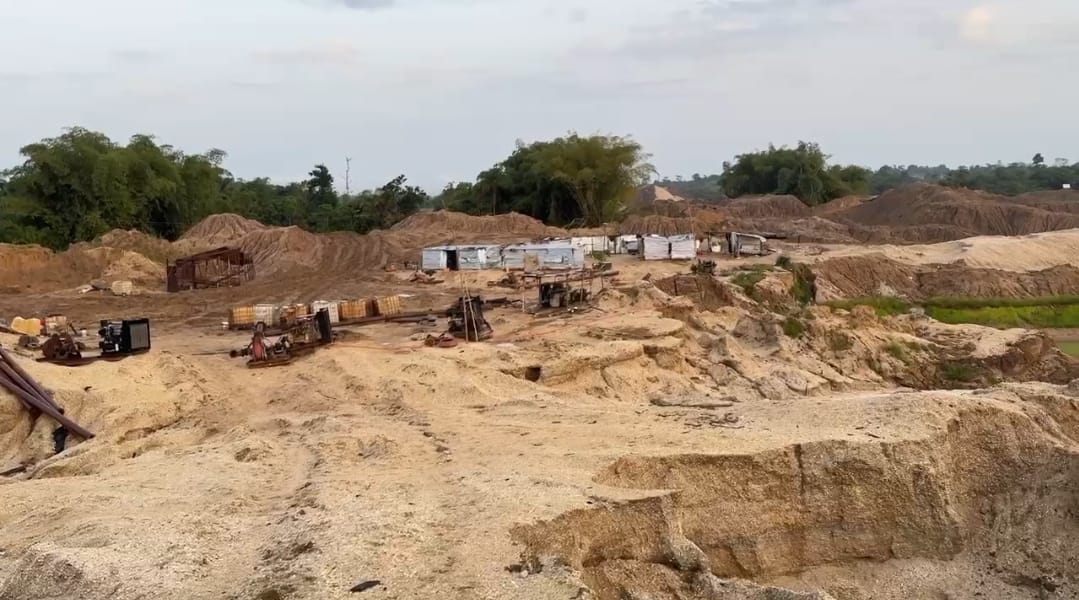The Presiding Bishop of the Methodist Church Ghana, the Most Rev. Professor Johnson Kwabena Asamoah-Gyadu, is calling for a bipartisan approach to tackle illegal mining, also known as ‘galamsey’.
With several attempts by successive governments to address the menace without success over the years, the man of God believes setting up a bipartisan committee to proffer solutions to the canker may be the way forward.
Having paid a six-day visit to the Tarkwa Diocese of the Church and witnessed the devastating impact of galamsey on the community, the Bishop came up with the proposal, saying this may surely address the issue once and for all.
Most Rev. Asamoah-Gyadu, speaking with Onua News’ Western Regional correspondent, Shirley Ewurama Smith, indicated that the issue of galamsey cannot be discussed without involving the political class.
According to him, they have repeatedly deceived the masses by promising better means of addressing the menace once they are given power by the people. However, the Professor indicated that once these politicians acquire power, they fail to proffer any solution to the problem, making it a curse.
“We can’t talk about this menace without blaming our political leaders or politicians. Because sometimes they give us the impression that if you give us the mandate, we are going to help you to do it in a decent manner but they have never been able to come up with any solution. So, for the NPP and NDC, I think this is something we have to approach in a bi-partisan manner.
“Politicisation of such things do not help any country and I’m looking for the day where we will have a cross-party committee that will deal with it. It is the future of our country, it is the future of our children. Amidst the joy and the exuberance of worship, I think this is one thing that I’ll say is a downside,” he stated.
The Bishop also commissioned two water projects to alleviate scarcity in affected communities.
Calls have intensified for the government to stop the ongoing galamsey, which has become a threat to Ghana’s environment by destroying forest reserves and polluting water bodies.














